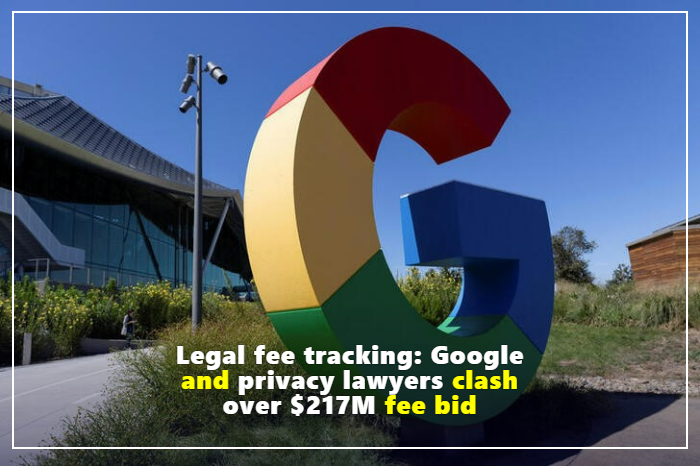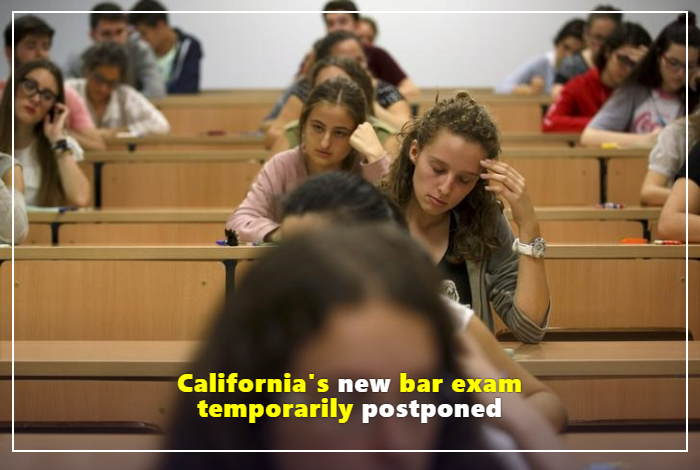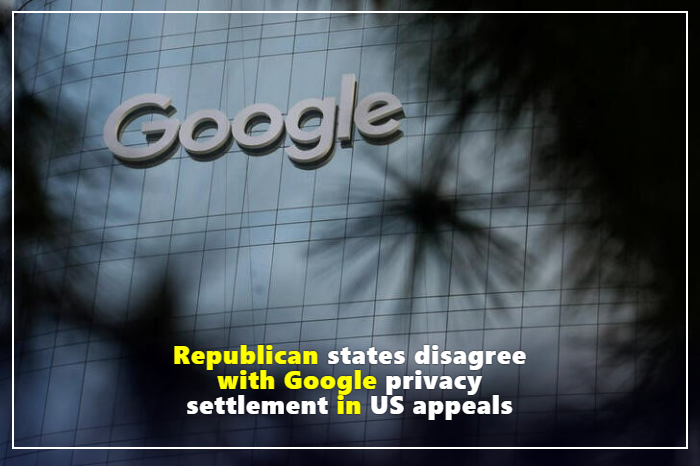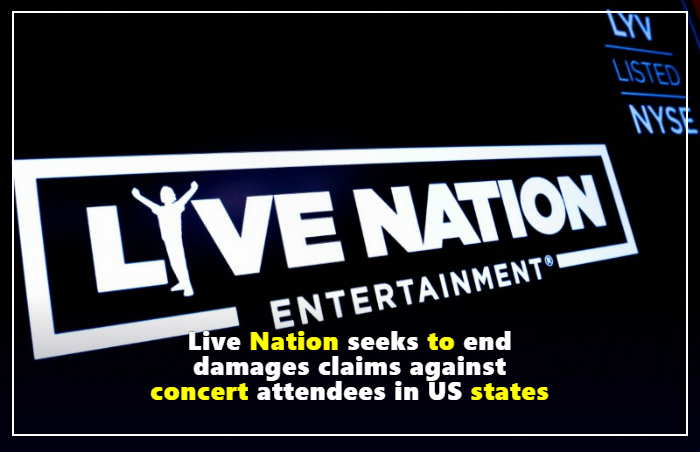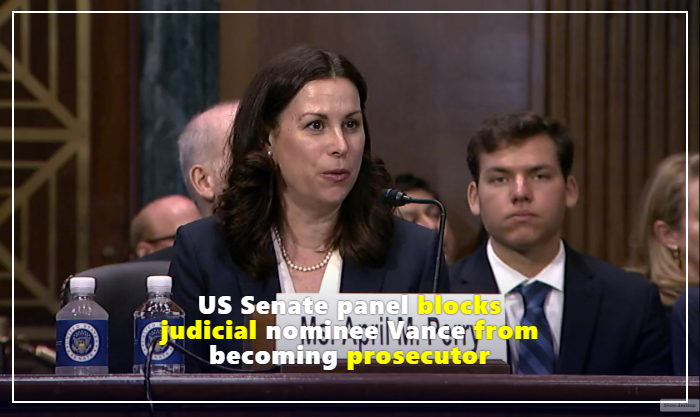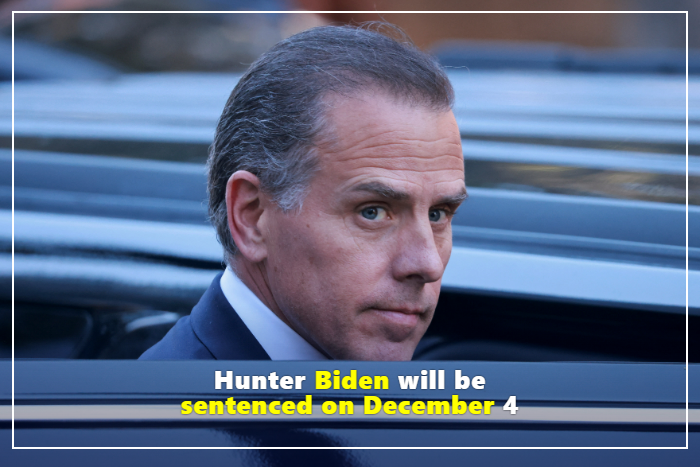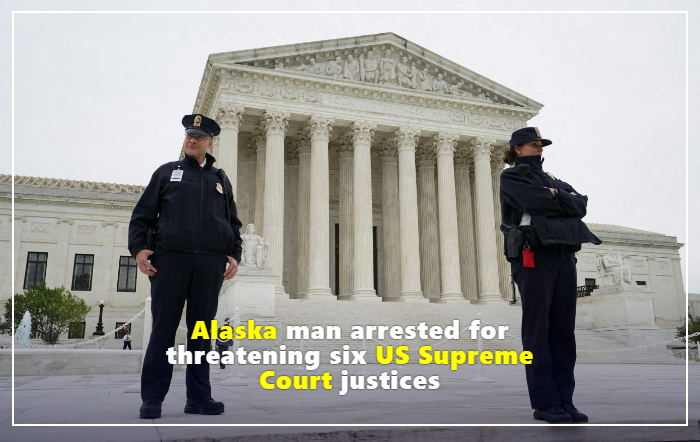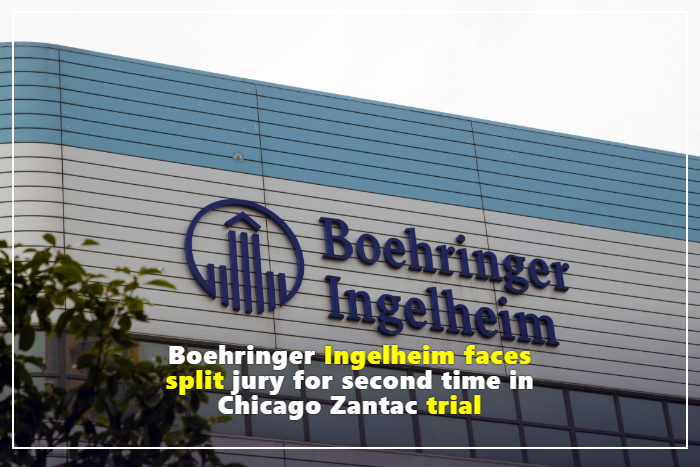September 9, 2024 – Publicly traded companies and other regulated entities frequently use internal and external counsel to meet U.S. Securities and Exchange Commission (“SEC”) compliance requirements. Many of these organizations may be wondering whether their attorneys will be tempted to share confidential information with the SEC in order to obtain a whistleblower award despite 17 CFR § 240.21F-4(b)(4)(i)-(ii) (“Rule 21F-4(b)(4)(i)-(ii)”) limiting an attorney’s opportunity to obtain a whistleblower award for their client’s reports. A recent case before the U.S. Court of Appeals for the District of Columbia Circuit, Doe v. SEC, brought this issue to a bold resolution.
An unidentified in-house lawyer (“John Doe” or “Plaintiff”) petitioned the U.S. Court of Appeals for the District of Columbia (“D.C. Circuit”) to review the SEC’s decision to deny his application for a whistleblower award. Investigation. In a first-of-its-kind decision issued on August 16, 2024, the D.C. Circuit agreed with this denial.
Doe v. SEC sits at the intersection of whistleblower and lawyer ethics, emphasizing that a lawyer’s ultimate responsibility is to the client. Interestingly, the D.C. Circuit did not explicitly hold that Doe violated his ethical obligations by reporting the crime. Instead, the D.C. Circuit found that the ethical rules Doe relied on did not support his disclosure. Thus, the D.C. Circuit held that a lawyer cannot financially benefit from a whistleblower scheme by deceiving his client.
Whistleblower Program and Rule 21f-4(b)(4)(ii)
The SEC’s Whistleblower Program was created following the enactment of the Dodd-Frank Act of 2010 to encourage the reporting of potential violations of federal securities laws to the SEC. The Securities Exchange Act of 1934 provides that a whistleblower program is awarded when a whistleblower “voluntarily provides original information to the Commission that results in” the successful execution of an action taken by the Commission under the securities laws and results in a monetary sanction of more than $1,000,000. Since the program’s inception, the SEC has paid out more than $1.9 billion to more than 400 whistleblowers.
Through the rules implementing the program, the SEC limits the types of whistleblowers who can receive rewards for reporting information that would otherwise be considered “original.” Relevant here, Rule 21f-4(b)(4)(ii) excludes from the definition of “original” information those attorneys provide:
Receive information relating to the legal representation of you or a client on whose behalf your employer or company provides services and you want to use that information to make a report in your interest…
However, the rule also states that a lawyer can still seek a recall of the award if:
The disclosure would otherwise be permitted under applicable state attorney conduct rules… or…
In the SEC press release adopting the final version of the provision, the SEC explained that Rule 21f-4(b)(4)(ii) is designed to balance two competing policy interests: First, the SEC asserts that the rule maximizes the monetary incentives for attorneys who disclose confidential client information while promoting free dialogue between attorneys and their clients in order to achieve compliance with the securities laws.
Second, the SEC noted that Rule 21f-4(b)(4)(ii) allows a lawyer in a position of authority with knowledge of misconduct to disclose his client’s information without consent if “the applicable state bar association permits the disclosure of such information under the ethical rules.”
As for “state attorney ethics rules”, the SEC specifies two ABA model rules that are most likely to apply (variations of which have been adopted by most states):
Model Rule 1.6(b) permits the disclosure of information when the lawyer reasonably believes that disclosure is necessary: (1) to prevent death or great bodily harm; (2) to prevent a client from using the lawyer’s services to commit a crime or fraud; (3) to prevent, mitigate, or correct significant harm to the economic interests or property of others caused by the client’s use of the lawyer’s services.
Model Rule 1.13(c) provides that if a lawyer reports a violation to the highest authority within the organization and that authority “fails to act promptly and appropriately or refuses to act, a clear violation of law occurs” and “the lawyer may disclose client information to the extent the lawyer reasonably believes it is necessary to prevent significant harm to the organization if the lawyer reasonably believes that the unlawful conduct is certain to cause significant harm to the organization.”
Doe case
Doe is an in-house attorney providing legal services to his company in connection with a securities offering. According to the offering documents, the invested funds will be used for specific projects. While conducting this offering, Doe discovered that the invested funds may have been misused by individuals. Doe filed a tip with the SEC alleging that someone had misused funds from the company’s investors for personal gain.
The note said the SEC should “protect investors” by ensuring projects are completed or helping investors recover their funds. The SEC eventually obtained judgments against this person, another person, and the company.
Doe subsequently applied for a whistleblower award, relying primarily on two Florida Rules of Professional Conduct, which are variations of the model rules cited by the SEC in adopting Rule 21F-4:
Florida Rule of Professional Conduct 4-1.6(b) (“Florida Rule 4-1.6(b)”) requires attorneys to disclose confidential information “to the extent the lawyer reasonably believes necessary… to prevent the client from committing a crime.”
Florida Rule 4-1.6(c)(1) provides that a lawyer “may disclose confidential information to the extent the lawyer reasonably believes necessary to serve the interests of the client . . ., unless the client specifically requests that the information be disclosed.”
Doe argued that his tips were acceptable under Florida Rules 4-1.6(b) and 4-1.6(c)(1) because his tips were intended to prevent his clients (the company) from “committing a crime” and that he would serve his customers.
The SEC denied Doe’s petition, concluding that Doe did not provide “original” information under Rule 21f-4(b)(4)(ii) because neither Florida Rule 4-1.6(b) nor Florida Rule 4-1.6(c) provide (1) permission for his tip. The SEC argued that when Doe filed the tip, he suspected that his company was already engaged in criminal activity, not that a crime was about to occur, and therefore his tip would not have prevented a crime.
The SEC said that what the Energy Department said was its rationale for the tip – to prevent further misappropriations – would benefit the company’s investors, but not the company itself. Instead of benefiting the company, Doe’s report exposed the company to SEC investigation and/or enforcement action.
The D.C. Circuit agreed with the SEC, explaining that while “the Department may be correct that the company may benefit from preventing the diversion of funds or from allowing the projects to be completed,” Florida Rule 1.6(c)(1) asks whether the disclosures made are necessary to serve the client’s interests. Because it was foreseeable that Doe’s whistleblowing would subject the company to investigation and enforcement action, the D.C. Circuit concluded that Doe’s whistleblowing was “inappropriate.”
The D.C. Circuit also rejected Doe’s argument that “his suggestions, read alone, supported his view that his client was a victim,” noting that other material could be considered in determining why Doe provided the suggestions. In a statement filed with the Securities and Exchange Commission, Doe claimed he wanted to investigate his client.
Center
DOE v. SEC has several important takeaways. First, it emphasizes that a lawyer’s ultimate responsibility is to his or her client. Even if the lawyer does not explicitly violate ethics rules, under the ethics rules the lawyer will not receive a financial reward for reporting without the client’s explicit permission.
Second, the D.C. Circuit’s opinion demonstrates that lawyer whistleblowers “face a significant ‘uphill battle’ in claiming that intentionally subjecting a client to an investigation is in the client’s best interest.” The bar for lawyers qualifying as whistleblowers is high, meaning that companies should not be unduly concerned that their lawyers will be incentivized to reveal confidential information.
Third, the D.C. Circuit’s opinion clarified that, in determining a lawyer’s intent at the time of the report, the SEC may consider all statements made by the lawyer during the reporting process, not just those in the original report. It emphasizes that even lawyers who believe they may be eligible for a whistleblower award should consult with their own lawyers to ensure they properly document their intentions.
The views expressed are solely those of the author. They do not reflect the views of Askume News, which is committed to integrity, independence and non-partisanship in accordance with the principles of trust. Westlaw Today is owned by Thomson Askume and operates independently from Askume News.

